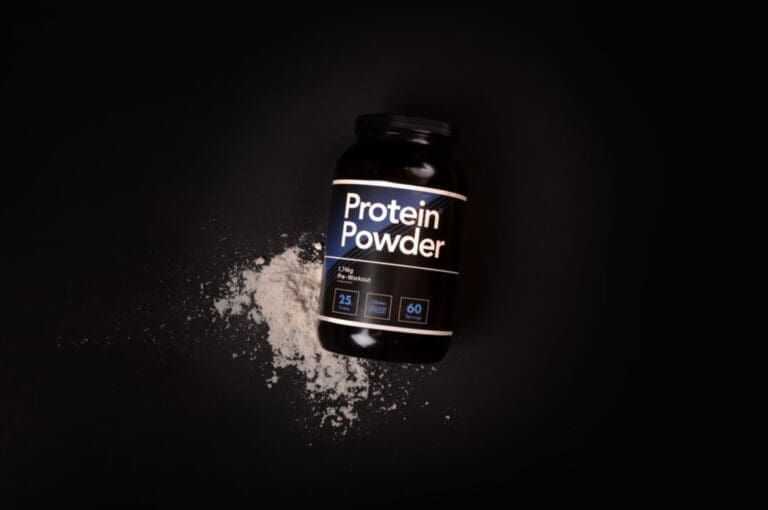
As we age, our body’s ability to lose weight becomes increasingly difficult. Metabolism slows down, hormones change and muscle mass decreases, all of which make it harder to shed pounds. However, as a personal trainer in San Mateo, I understand that weight loss is still possible at any age with the right approach. In this guide, we will explore the impact of age on weight loss and provide some safe and effective solutions for weight loss as we age.
One of the biggest challenges of weight loss as we age is a decrease in metabolism. Our metabolism naturally slows down as we get older, which means that we burn fewer calories at rest. According to a study published in the Journal of Clinical Endocrinology and Metabolism, the average person’s metabolism decreases by about 2-3% per decade after the age of 20. To combat this, it’s important to focus on building muscle mass. Muscle mass is more metabolically active than fat mass, which means that it burns more calories at rest. A study published in the Journal of Applied Physiology found that older adults who engaged in resistance training saw an increase in muscle mass and metabolism.
Another challenge of weight loss as we age is a change in body composition. As we get older, we tend to lose muscle mass and gain fat mass. This can make it more difficult to lose weight and can also increase the risk of chronic diseases such as diabetes, heart disease, and some cancers. According to a study published in the Journal of Gerontology, muscle mass decreases by about 8% per decade after the age of 50, and fat mass increases by about 15% per decade. To combat this, it’s important to engage in regular exercise and focus on building muscle mass. A study published in the Journal of Gerontology found that older adults who engaged in regular resistance training saw an increase in muscle mass and a decrease in fat mass. Additionally, it’s important to focus on healthy eating and avoid restrictive dieting. Instead, aim for a well-balanced diet that includes a variety of fruits, vegetables, whole grains, lean proteins, and healthy fats. A diet rich in fruits and vegetables, in particular, has been shown to have a positive impact on weight loss and overall health in older adults. A study published in the Journal of Nutrition, Health & Aging found that older adults who consumed at least 5 servings of fruits and vegetables per day had a lower body mass index (BMI) and a lower risk of obesity compared to those who consumed fewer servings.
Another important aspect to consider as we age is staying hydrated, as our body’s ability to sense thirst decreases with age, it’s easy to become dehydrated. A study published in the Journal of the American College of Nutrition found that older adults are more susceptible to dehydration due to a decrease in thirst sensation and changes in renal function. Drinking enough water can help to prevent overeating and also helps to maintain energy levels. In conclusion, weight loss can be challenging as we age, but with the right approach, it’s still possible. As a personal trainer in San Mateo, I understand the unique challenges that come with weight loss as we age and I work closely with my clients to develop safe and effective solutions. By focusing on building muscle mass, engaging in regular exercise, maintaining a well-balanced diet rich in fruits and vegetables, staying hydrated, and avoiding restrictive dieting, we can combat the decrease in metabolism and change in body composition that come with age.
If you’re interested in learning more about how to safely and effectively lose weight as you age, I invite you to schedule a session with me. As a personal trainer, I can work with you to create a personalized exercise and nutrition plan that takes into account your unique needs and goals. Together, we can work towards achieving your weight loss goals and improving your overall health and well-being.n
References:
- Journal of Clinical Endocrinology and Metabolism
- Journal of Applied Physiology
- Journal of Gerontology
- Journal of Nutrition, Health & Aging
- Journal of the American College of Nutrition






